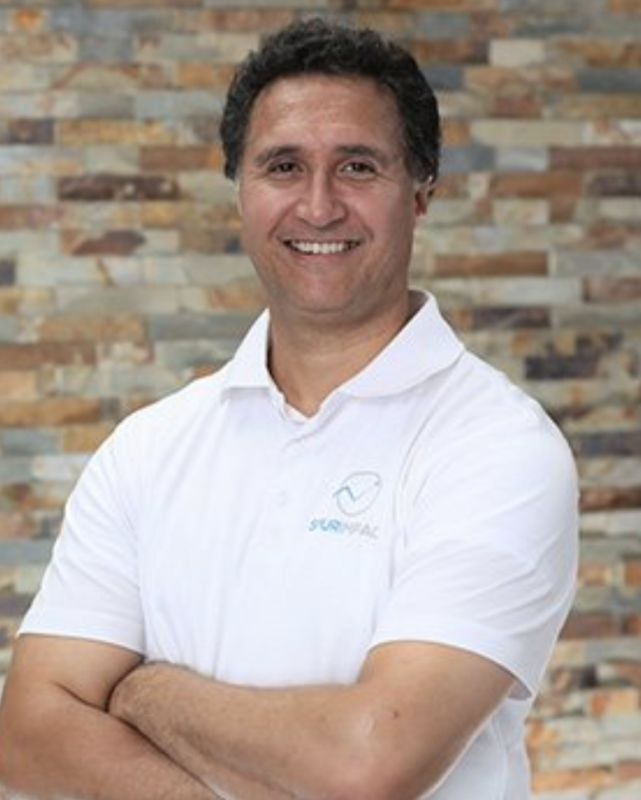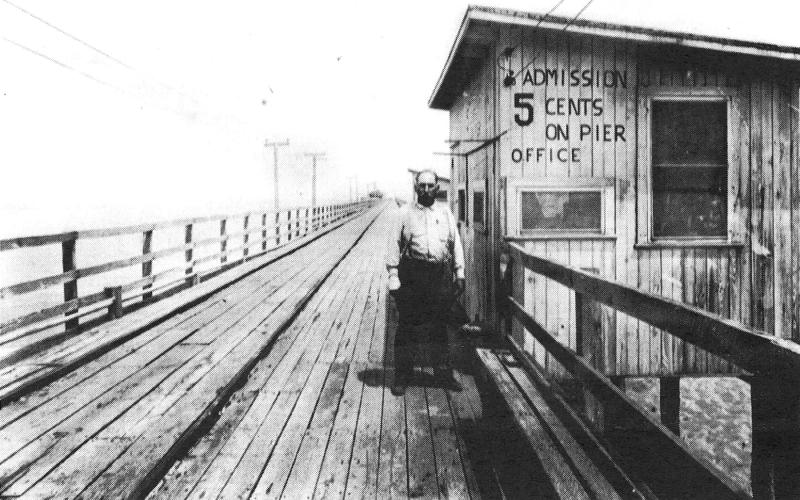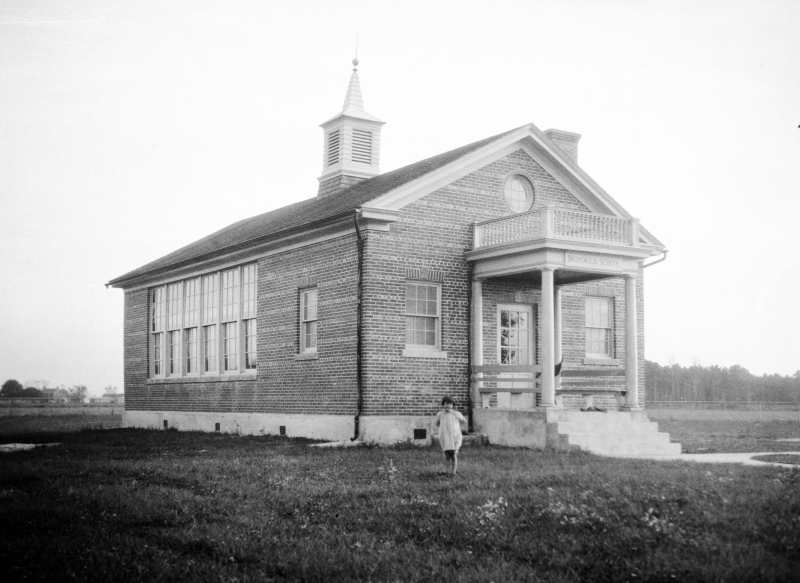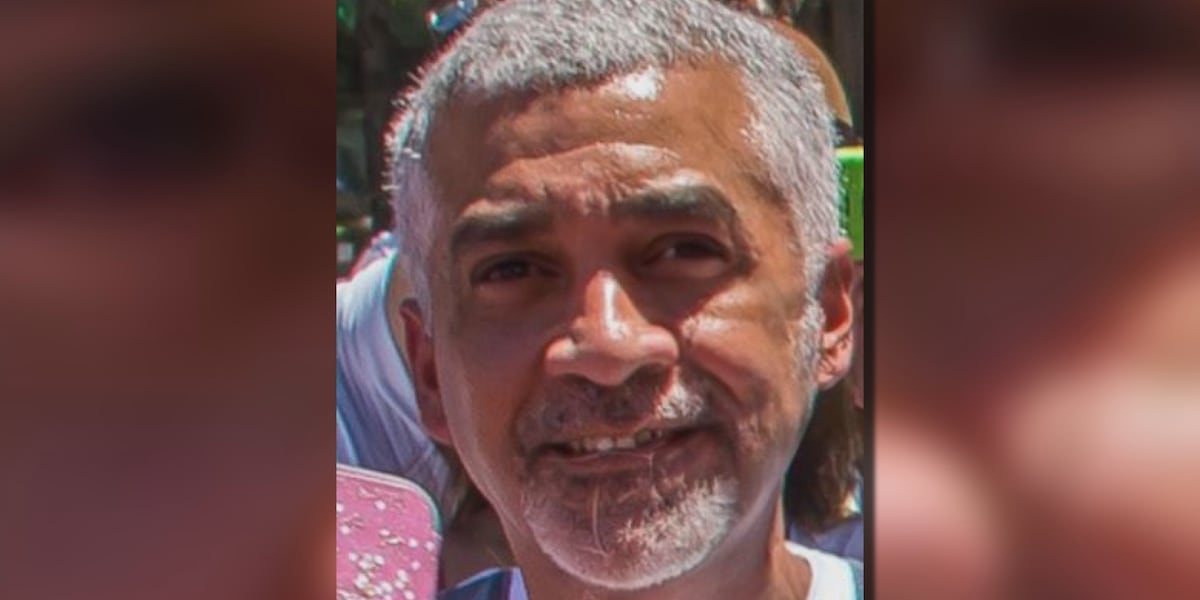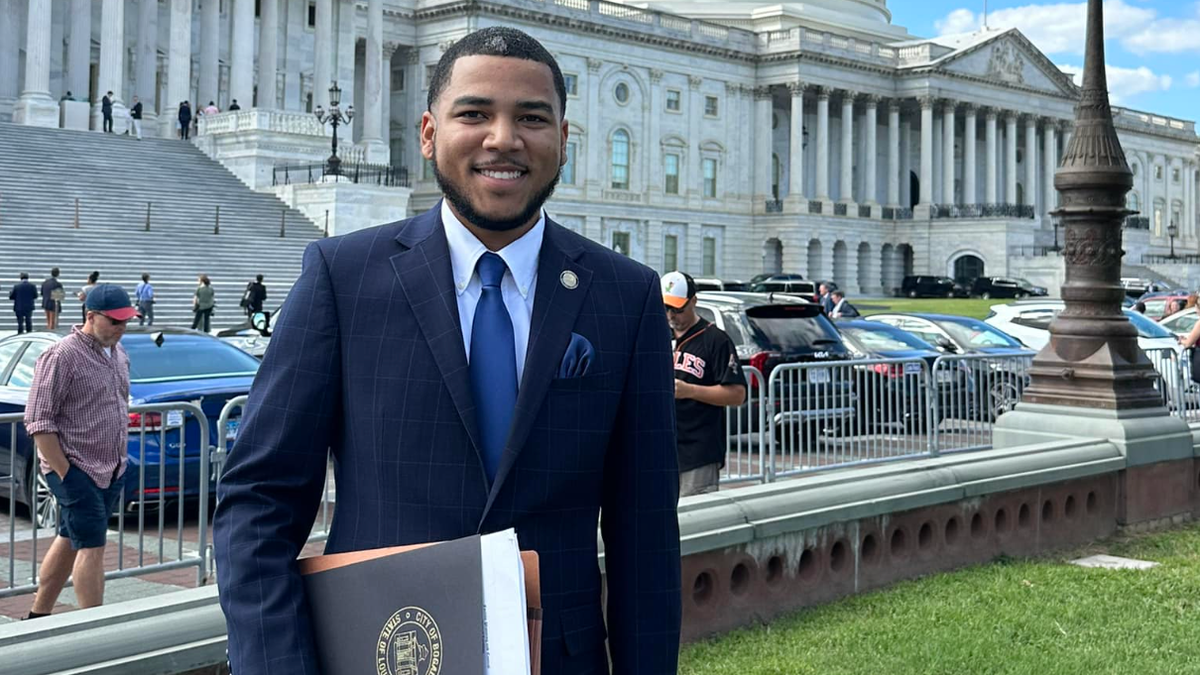Delaware
Bolster Delaware’s small businesses by passing the Credit Card Competition Act

Shopify ranked Delaware No. 1 on its latest entrepreneurship index, which aligns with our state’s widespread reputation for being one of the most business-friendly states in the nation. With favorable tax policies and a diversified economy, it’s no wonder Delaware has a vibrant small business community, making up over 98% of businesses in the state. However, thanks to a hidden credit card fee, a portion of Delawareans’ hard-earned dollars are being siphoned from our communities and funneled into the hands of some of the wealthiest financial institutions on Wall Street.
Every day, Delaware’s business community and, ultimately, consumers are burdened with the perpetually growing costs associated with credit card swipe fees. No swipe, tap or insert of a credit card is exempt from the exorbitant swipe fees that take an average of 1.5% to 3.5% off the top of every total transaction amount.
Despite these fees being the second-highest operating expense for many companies, merchants have no leverage to negotiate better rates.
Visa and Mastercard dominate over 80% of the credit card industry and have continually raised swipe fees on a schedule that major banks willingly implement. The banks all agree to charge exactly the same swipe fee rates, whatever Visa and Mastercard set. That way, they don’t compete on price, and there are no market forces to keep the fees in check. That’s why the fees just keep going up.
As a result, business owners have no other option but to pay excessive swipe fees, considering their only other choice is to forfeit credit card payments altogether and risk alienating a huge base of consumers.
This impossible decision is how merchants ended up paying more than $126 billion in credit card processing fees last year, jumping an astounding 20.2% from the year prior. This rate of increase is not just unsustainable, but also devastating for small businesses struggling to recover from a pandemic-driven downturn and inflationary pressures that cut profit margins razor thin.
The average profit margin in the general retail sector barely eclipsed 2% in 2022, making it nearly impossible for businesses to absorb these increasing credit card fees. Because of this, merchants have to raise prices on all their goods and services, introducing every customer to the hidden cost of swipe fees. Whether they use a credit card or not, and whether they know these fees exist or not, the average American household is paying more than $1,000 a year in higher prices as a result.
Meanwhile, Visa and Mastercard are planning to make matters worse by raising credit card swipe fees again in October and April by more than half a billion dollars.
While many lawmakers have called upon the credit card duopoly to stop such a fee hike, this situation only proves the need for a long-term fix that already exists in the form of the Credit Card Competition Act.
Introduced earlier in the year, this bipartisan bill would fix the market failure that has allowed Visa and Mastercard to box out their competitors by amassing a dominating presence and unfair control over the payments sector. By offering a second network routing option to merchants, the CCCA would allow for fair competition for credit card networks like Star and SHAZAM, which could finally offer businesses comparable services for lower rates.
With a competitive market, credit card companies would motivate each other to advance payment technology and enhance security measures that would better serve customers and protect their finances.
If Delaware wants to remain a welcoming place for companies, small and large, we must reduce the burden of credit card swipe fees that pull funds out of our communities and limit our economic growth. Businesses across the state could more easily hire new employees and invest in their entrepreneurial future if they weren’t forced to pad the profit margins of massive financial institutions. I hope Sens. Chris Coons and Tom Carper will support the CCCA and work to pass this legislation, which will increase competition to help drive down credit card swipe fees, providing economic relief to both businesses and consumers.

Delaware
Cargo ship re-floated in Delaware River near Ben Franklin Bridge after getting stuck

Watch CBS News
Be the first to know
Get browser notifications for breaking news, live events, and exclusive reporting.
Delaware
‘Keep the momentum going’: Gov.-elect Matt Meyer stops in Dover for inaugural events

Gov.-elect Matt Meyer stresses education in school visit after election win
Matt Meyer visited Glasgow High School the day after winning the race to be Delaware’s next governor. 11/6/24
With only 10 days left until his inauguration, Delaware Gov.-elect Matt Meyer kicked off a series of inaugural events, starting in the state’s capital.
On Saturday, Jan. 11, after making remarks in front of senior leader members of the Delaware National Guard at Delaware State University, Meyer took a walking tour of several local businesses in downtown Dover.
Throughout the day, Meyer spoke with a wide range of community leaders and members and about what he seeks to bring with his incoming administration.
Here’s what happened.
Matt Meyer meets with the Delaware National Guard
Before embarking on the first inaugural event of the day, Meyer’s first stop was on the Delaware State University campus, where he spoke with several high-ranking leaders on the importance of “teamwork and community.”
Along with speaking about his own experiences related to service, Meyer also talked about working to ensure that the state National Guard – which he called “[the] cornerstone of Delaware’s strength” – and their loved ones remain supported.
Matt Meyer walks through downtown Dover
Following his remarks, Meyer then traveled further down Dover, where he explored more of what he calls “the crown jewel” corridor of the city.
Starting at Janaid’s Salon for Men, Meyer went downtown, stopping at several small businesses along the tour.
This also included Key to Life Juice Bar, where Meyer tried a sample of ginger juice; Agapé Body Piercings; and the DSU Center for Urban Revitalization & Entrepreneurship.
During the tour, Meyer also talked about his experiences as a small business owner and his dedication to helping “keep the momentum going” for local businesses in Delaware’s capital with his incoming administration.
Meyer also met with several small business owners and employees and spoke more about his determination to help contribute to the growth of “the backbone of [the] state.”
“It’s the capital city, and there are a lot of people working very hard for a long time to make sure it thrives,” Meyer said. “There’s a certain momentum and energy now around the work of the Downtown Dover Partnership, and I’m excited now in my new job in 10 days to start being a part of that.”
What other inaugural events are taking place?
Throughout the next few days, Meyer is scheduled to make several more stops leading up to his inauguration.
These stops include an inaugural bike ride at Cape Henlopen State Park in Lewes and an interfaith breakfast at The Parlors at Delaware State University in Dover.
The incoming first lady of Delaware, Lauren Meyer, will also make an appearance, hosting a brunch alongside several statewide community leaders in Dewey Beach.
These events – with the exception of the community reception following the swearing-in ceremony of both Meyer and Lt. Gov.-elect Kyle Evans Gay – will be open to the public but require registration and/or the purchase of tickets.
Registration links and additional details can be found on the governor-elect’s transition website.
What else will Meyer be doing?
Meyer is also scheduled to participate in a series of public service-related events and initiatives before his inauguration.
This will include helping collect items for donation drives to help benefit the organizations Milford Advocacy for the Homeless and Love Inc. in several locations across Sussex County.
Meyer also plans to lend a hand in several service projects across the First State.
This will include a donation drive in Seaford, a revitalization of Towne Point Elementary School in Dover and a series of public service activities in Wilmington for Martin Luther King Jr. Day of Service.
“We wanted to do something that included Delawareans and represented the kind of service-oriented leadership we want to provide to the state,” Meyer said.
When is inauguration day for Matt Meyer?
Meyer will be officially sworn in as state governor on Tuesday, Jan. 21.
Gay will also take her oath of office that same day.
Tickets for the general public to the swearing-in ceremony are now available on the governor-elect’s transition website. (Tickets are not required to attend the community reception following the ceremony.)
Olivia Montes covers state government and community impact for Delaware Online/The News Journal. You can reach her at omontes@delawareonline.com.
Delaware
Proposed biliteracy school in southern Delaware awaits approval

The dual-language immersion model aims to change that dynamic by helping children maintain their cultural roots while excelling academically.
The school will be housed in Georgetown’s historic ice house on Depot Street, which has seen decades of use and disuse. Once a cornerstone of the town’s industrial and commercial identity, the brick structure has been a warehouse, a home to businesses, and even considered for apartment conversions before falling into neglect.
“Right now, the building’s not looking like much, but we have some great plans,” López Waite said. “We’re working with a great architect to really transform that building into a beautiful school.”
Renovations will begin as soon as the project receives final approval from the State Board of Education. The process will take about 18 months. The first phase will focus on the ground floor to accommodate the initial cohort of students in September 2026.
“We’re going to renovate the first floor first, and so that’s enough space for us to house kindergarten, first and second [grades],” she said. “Then [we] will continue to renovate the other floors and be able to accommodate the growth each year as we add a grade. And so at our full capacity, we’ll have 400 students in kindergarten through fifth grade.”
Through it all, they aim to serve as a bridge that unites the community, fostering connections across cultures, resources and opportunities. By working closely with local nonprofits such as La Esperanza, La Red, La Plaza, the Sussex Health Coalition, and the Georgetown Town Council, they hope to build a foundation of collaboration and shared progress.
Ultimately, the school’s impact is envisioned as going far beyond education.
“We want us to be able to come and basically help our communities come together because we do believe that the majority of our residents have a desire and are hopeful that that can happen,” Waite said. “But there really hasn’t been, I guess, sort of the catalyst, sort of the gel that brings these things together. And they are optimistic that having their children attending a school together could be maybe that catalyst.”
The State Board of Education is expected to rule on the school’s proposal at its meeting on January 16.
-

 Politics1 week ago
Politics1 week agoNew Orleans attacker had 'remote detonator' for explosives in French Quarter, Biden says
-

 Politics1 week ago
Politics1 week agoCarter's judicial picks reshaped the federal bench across the country
-

 Politics1 week ago
Politics1 week agoWho Are the Recipients of the Presidential Medal of Freedom?
-

 Health7 days ago
Health7 days agoOzempic ‘microdosing’ is the new weight-loss trend: Should you try it?
-

 World1 week ago
World1 week agoSouth Korea extends Boeing 737-800 inspections as Jeju Air wreckage lifted
-
/cdn.vox-cdn.com/uploads/chorus_asset/file/25822586/STK169_ZUCKERBERG_MAGA_STKS491_CVIRGINIA_A.jpg)
/cdn.vox-cdn.com/uploads/chorus_asset/file/25822586/STK169_ZUCKERBERG_MAGA_STKS491_CVIRGINIA_A.jpg) Technology3 days ago
Technology3 days agoMeta is highlighting a splintering global approach to online speech
-

 World1 week ago
World1 week agoWeather warnings as freezing temperatures hit United Kingdom
-

 News1 week ago
News1 week agoSeeking to heal the country, Jimmy Carter pardoned men who evaded the Vietnam War draft

